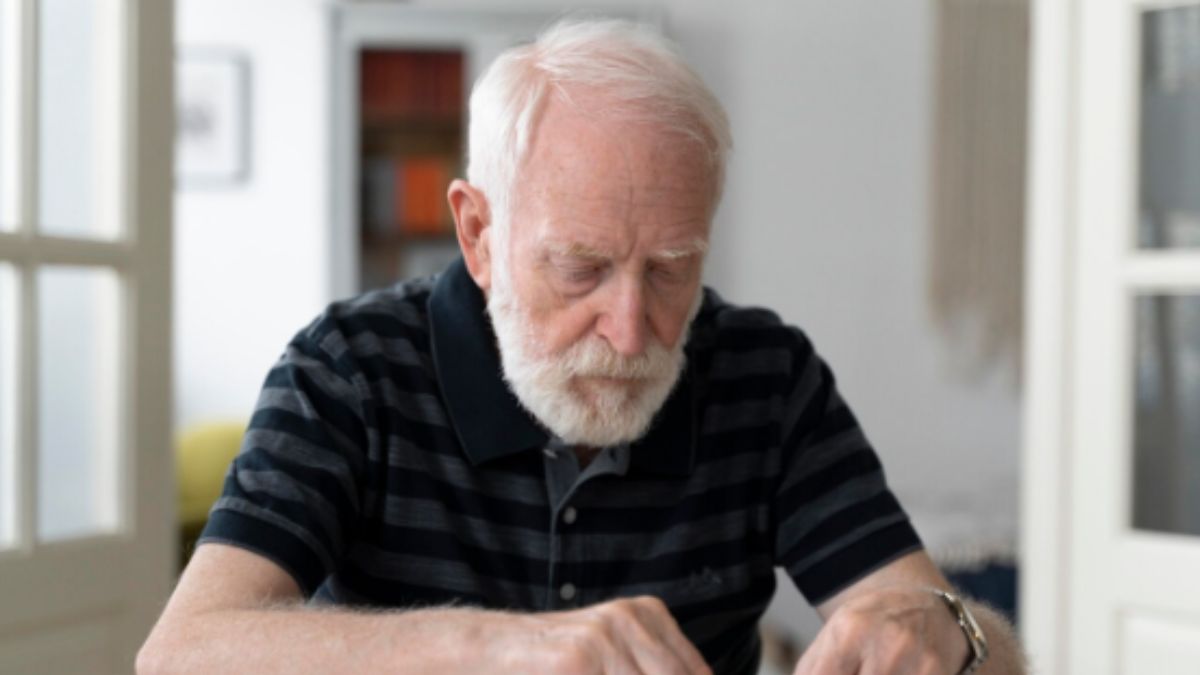Understanding Age-Related Cognitive Decline
As people grow older, memory, focus, and mental speed changes can become noticeable. While some degree of cognitive decline is a natural part of aging, mild forgetfulness can sometimes develop into more concerning issues. The good news is that maintaining an active mind has been shown to help slow down these changes. Regular mental exercises—like reading, learning new skills and especially solving puzzles—offer a practical and enjoyable way to support long-term brain health. For those looking for fresh challenges or wanting to explore a wide range of puzzles, resources like Pennydellpuzzles.com offer many brain-boosting options for all ability levels. Aging doesn’t have to mean giving up on mental sharpness. In fact, a consistent puzzle-solving habit can make a significant difference, often helping older adults maintain independence and a strong sense of self. Many families now see puzzle-solving as more than a pastime—it’s an investment in lifelong cognitive wellness.
The Brain Benefits of Puzzle Solving
When engaging with puzzles, the brain is pushed to use memory, logic, pattern recognition, and strategic planning. Crossword puzzles, sudoku, logic grids, and jigsaws all require different combinations of these skills. Over time, this active challenge helps build what’s known as cognitive reserve, which acts as a buffer against age-related decline. Stimulating the mind with new and varied puzzles keeps neural pathways strong, potentially delaying the onset of conditions like dementia or Alzheimer’s. It’s not just about completing the puzzle; the process trains the mind. Even small improvements increase confidence and motivation to stay mentally active. Incorporating puzzles into daily routines creates a positive cycle of challenge, achievement, and brain growth.
Making Puzzles a Social and Stress-Relieving Activity
While the mental challenge of puzzles is beneficial, the social aspect is equally important. Solving puzzles with friends, family, or in groups provides connection and conversation, both of which are associated with better cognitive outcomes. Group puzzle nights or friendly competitions make the experience enjoyable and reduce the risk of loneliness, a known factor that can accelerate cognitive decline. Beyond the brain boost, puzzle time acts as a stress reliever. Focused attention is redirected from worries or distractions to the task at hand, helping to quiet anxious thoughts and promote mindfulness. Many older adults report feeling a sense of satisfaction and peace after working with puzzles.
Tips for Building a Lasting Puzzle Habit
Start with puzzles that suit your interests and abilities—anything from word searches to sudoku to logic mysteries. Set aside regular time each week for puzzle-solving, making it a part of your wellness routine. Invite others to join you—shared puzzles often lead to laughter and new friendships. Gradually try more challenging puzzles to keep your mind growing. Consider joining a club or online community for encouragement and resources.
Final Thoughts on Lifelong Brain Health
Puzzle-solving is one of the easiest and most enjoyable ways to support lifelong cognitive health. The blend of challenge, achievement, and social connection offers more than a pleasant pastime—revitalizing the mind and bringing people together. By making puzzle play a regular habit, individuals of all ages can invest in their mental fitness for years to come.











